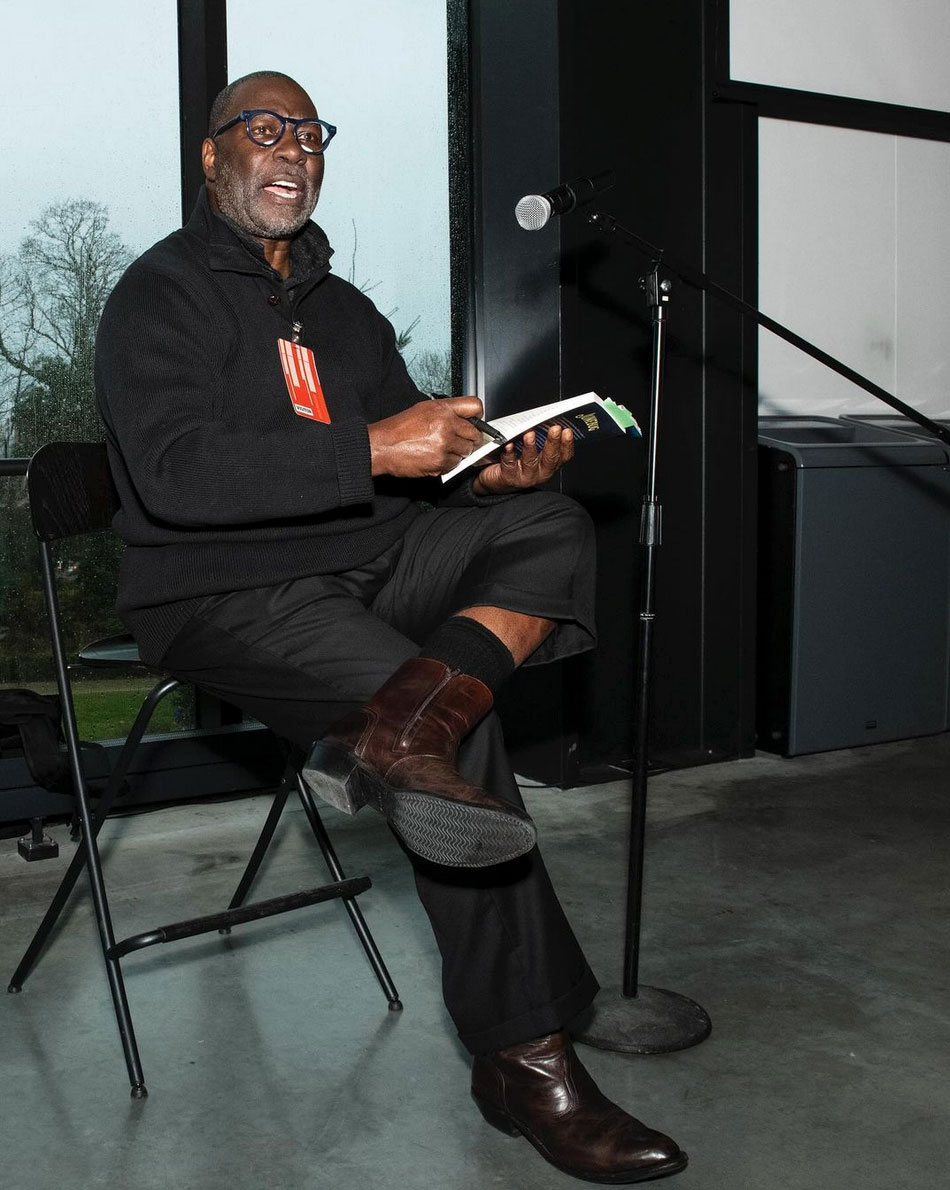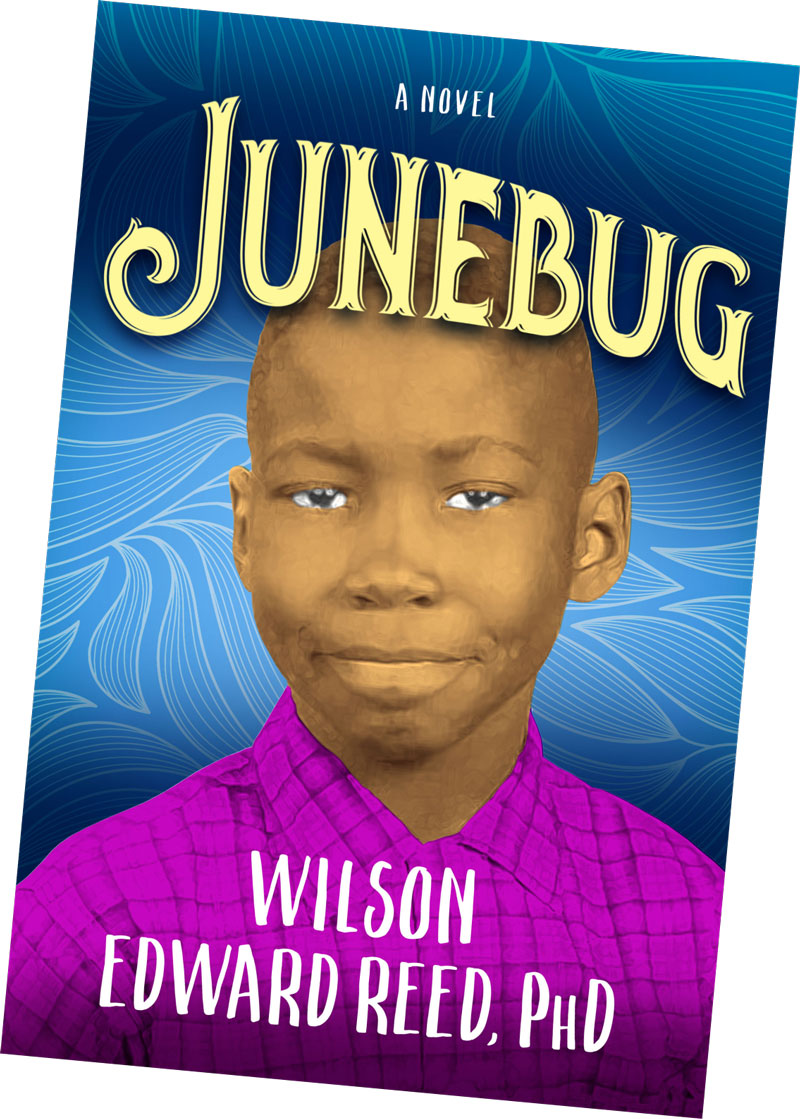Wilson Reed, ’71, ’73, draws from his own journey from the Deep South to the UW in new novel
"Junebug" gives us a slice of Reed's story.

Dr. Wilson Reed shares an excerpt from his novel, which follows a boy growing up in the South during the 1950s and ’60s, at the Burke Museum’s Black History Month celebration. Photo courtesy of the Burke Museum of Natural History.
You might say that Wilson Reed’s journey to the UW started on a Mississippi school bus. It was the first of several buses that transported him from a difficult childhood in the South to a scholarly life in the West.
In “Junebug,” a fictionalized account of a boy growing up in the Deep South of the 1950s and ’60s, Reed, ’71, ’73, details a childhood touched by misfortune and grief, but rich with caring and encouraging family members. In telling this story, Reed wanted to both better understand what shaped him and offer some inspiration to others.
“Something was missing,” Reed says of his sense of self growing up. “I kept going back to Mississippi every chance I could get for years, and I needed to figure out a way to tell a slice of my story.” With the start of the COVID-19 pandemic, he had the opportunity to craft the book. It also helped him reconcile his feelings about growing up in the racial apartheid of Jim Crow, losing his mother at an early age and discovering his father had a second family.
Reed decided write the book for young readers who might find solace or encouragement in the tale. A large section takes place in Seattle with details about starting school at the University of Washington in the late 1960s. Reed weaves in precious descriptions of joining the Educational Opportunity Program and Junebug’s first day on campus with 200 other new students listening to the UW’s first Black administrator, Vice President Samuel Kelly, offer words of promise and confidence.

“Junebug” was released this summer by Morgan James Publishing.
People all around Junebug—characters based on real people—are invested in his success. “My counselor, Gertrude [Peoples], also explained how by accessing all the supports, I could crack the puzzle of university life,” Reed writes.
He also highlights campus stalwarts like Sam Kelly and Trevor Chandler, a political science professor who later became associate dean of graduate student services and minority education. In real life, these powerful men would always greet Reed with a hug. “I never had men in my life who were so kind,” he says. “They were like, ‘If you can get here from Mississippi, you can get through this program.’”
While the book leaves Junebug in college, Reed’s own story continued with bachelor’s and master’s degrees in political science. A few years later at the University at Albany, he earned his master’s in criminal justice and finally capped his studies with a Ph.D. in political science from Northern Arizona University.
Over the years, Reed has taught at the UW, Seattle University and other schools in addition to working in public service. Today he lives near Las Vegas, Nevada.